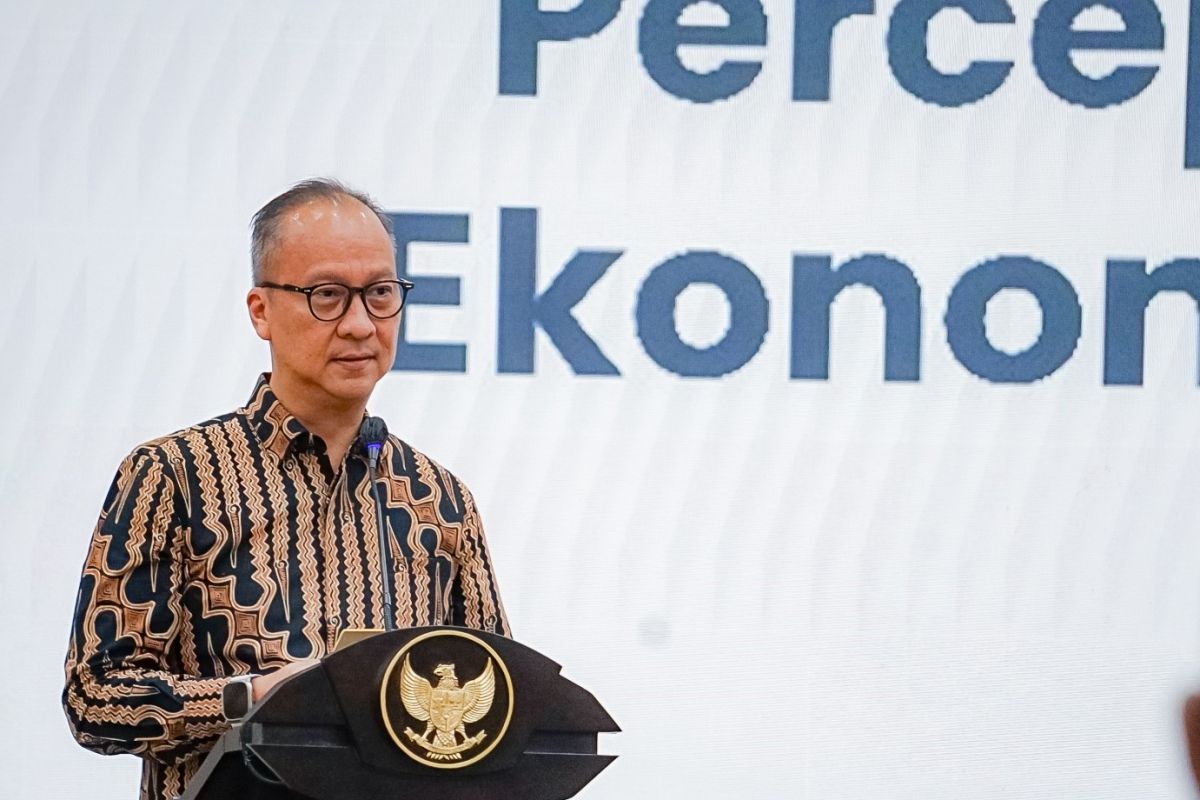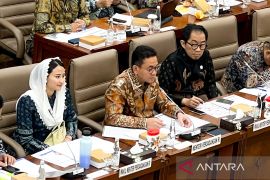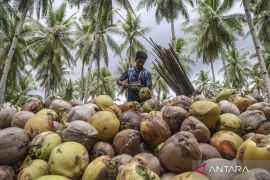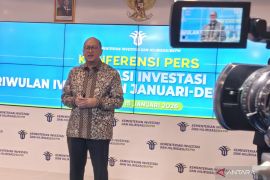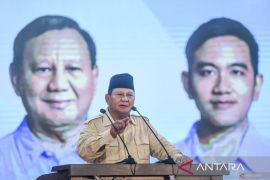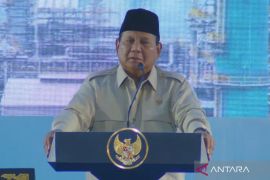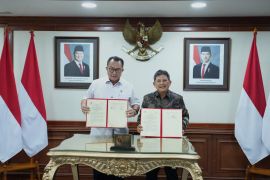"With the combination of downstreaming policies, increasing TKDN, and technology and research-based industrial transformation, we are optimistic that the performance and economic contribution of the manufacturing industry sector will continue to increase and become the main foundation for sustainable national economic growth," he noted here on Monday (May 5).
Kartasasmita highlighted that these three policies are the main strategy being pursued to strengthen the supply chain further and increase the added value of domestic raw materials.
He stated that the government began reforming the TKDN policy in early January 2025, which is crucial for creating added value domestically, reducing dependence on imports, and creating new jobs.
In addition, he affirmed that downstreaming is essential for shifting the economic paradigm from raw commodity exports to high value-added products.
This policy has also demonstrated to have a broad effect on the national economy, including opening up employment opportunities, expanding investment, and increasing export value.
According to World Bank data, growth in manufacturing value added (MVA) has also enhanced Indonesia's position as a global manufacturing nation.
Related news: Downstreaming must stoke economic growth: task force
In 2023, Indonesia ranked among the top 12 manufacturing countries globally by value added.
"To continue to spur this value added, strategic, pro-business, and pro-investment policies are needed, so our manufacturing industry is increasingly competitive on the global stage," Kartasasmita remarked.
Referring to World Bank data, Indonesia's manufacturing sector MVA in 2023 reached US$255.96 billion, an increase of 36.4 percent compared to US$241.87 billion in 2022.
Meanwhile, Statistics Indonesia (BPS) recorded that the non-oil and gas processing industry grew by 4.31 percent in the first quarter of 2025.
Sectors supporting the performance of the manufacturing industry during that period included the food and beverage industry, which grew by 6.04 percent, supported by high demand during Ramadan and Eid al-Fitr.
"The increasing trend in the contribution of the non-oil and gas processing industry is a positive signal that the government's efforts to strengthen the industrial structure are continuing, aiming to create an integrated industry from upstream to downstream and generate high added value for the economy and employment absorption,” he concluded.
Related news: Indonesia eyes 8 percent growth via coal, mineral downstreaming
Translator: Ahmad Muzdaffar Fauzan, Yashinta Difa
Editor: Yuni Arisandy Sinaga
Copyright © ANTARA 2025
